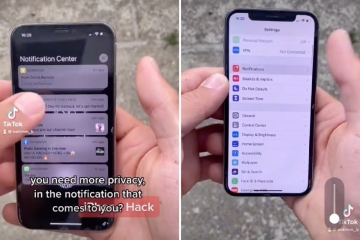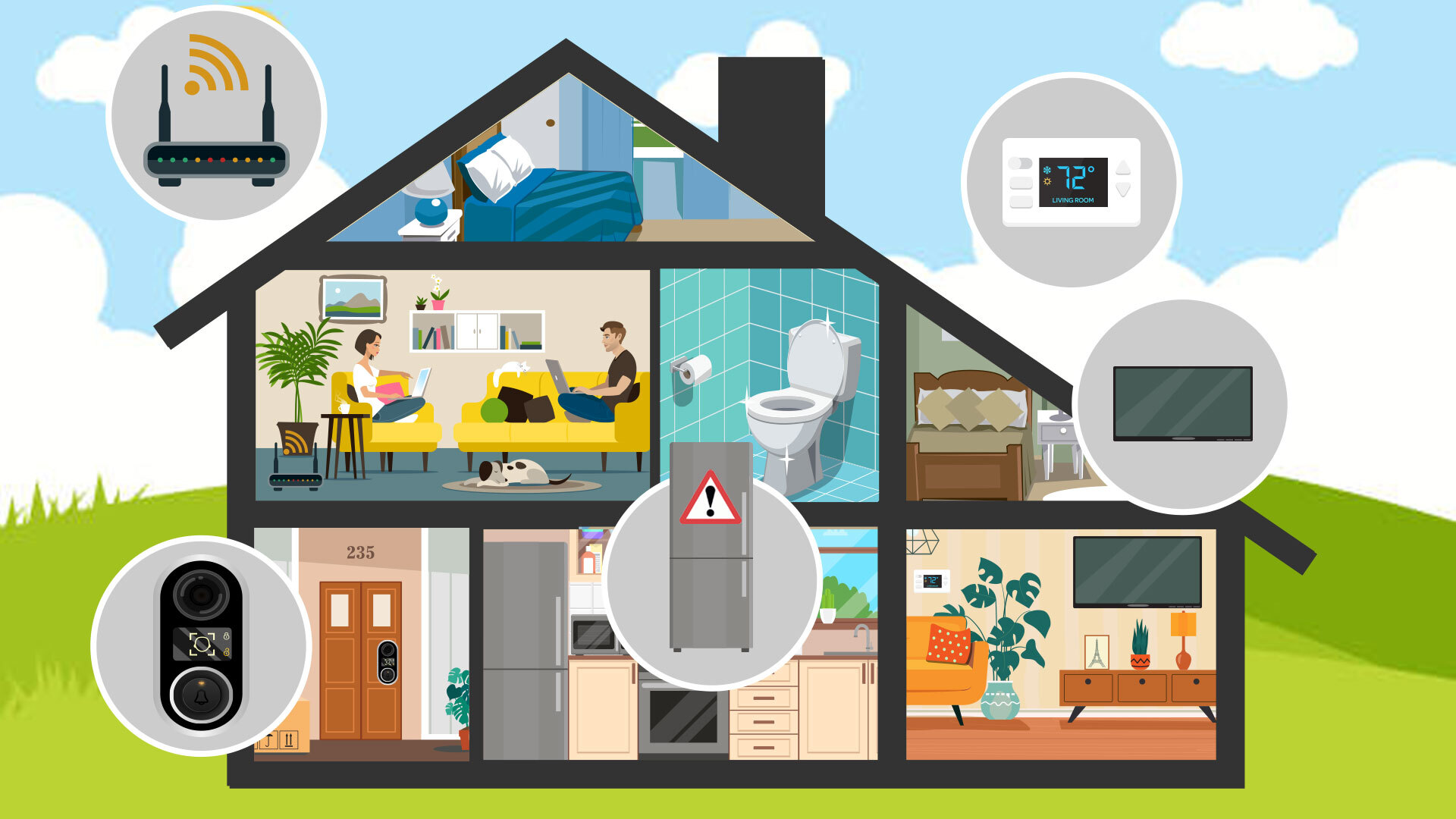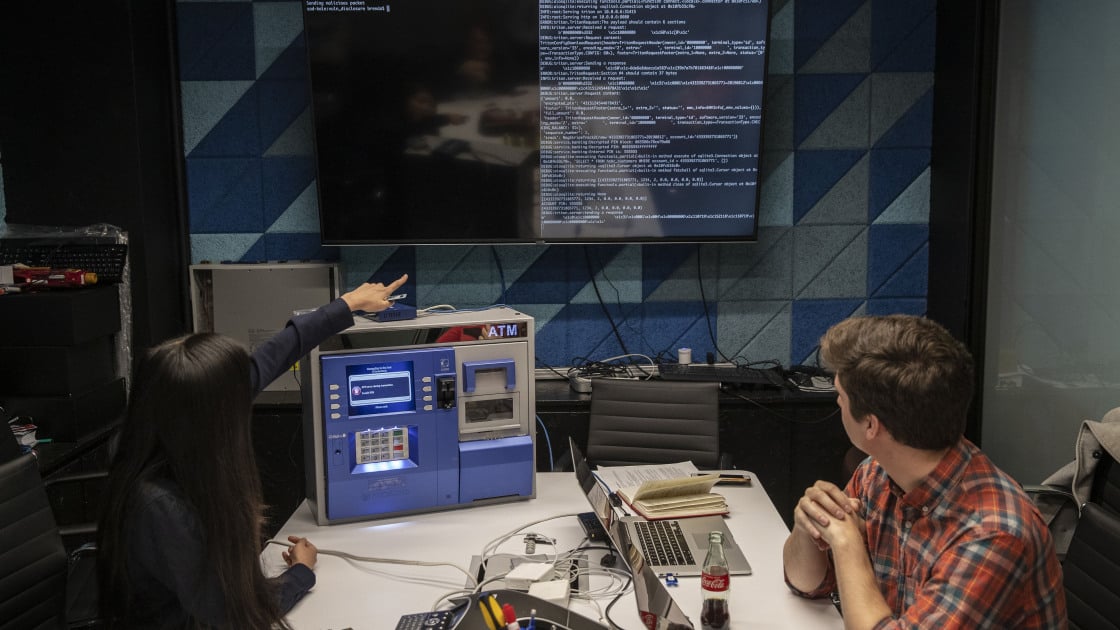I’m a security expert – why your fridge, TV, heating and WiFi could be very dangerous
A HACK attack at home can come from almost anywhere – even your refrigerator.
Cyber-experts have told The Sun that smart home devices are increasingly being used to “virtually” break in to your house.
More of our at-home gadgets and appliances are connected to the internet.
And cyber-expert Darren Guccione, CEO of Keeper Security, says this creates a major danger.
Darren warned over IoT (Internet of Things) devices, more widely known as smart home gadgets.
It could be anything from a refrigerator to a TV, or a smart home systems for heating, cameras or doorbells.


Without proper care, they can give hackers access to your homes.
“Home IoT devices such as connected refrigerators, smart thermostats and smart door locks pose multiple risks,” Darren told The Sun.
“Including creating an easy entry point and tool for cybercriminals.”
Darren went on: “Home IoT devices are often used by cybercriminals to create a ‘BotNet’.
“Which they can use to execute a type of cyberattack called a Distributed Denial of Service (DDoS).”
This allows hackers to use your systems to target other victims or businesses with an attack that overwhelms their networks.
But sadly, that’s not all.
“Inside your home, insecure IoT devices can give bad actors full access to your network, behind your firewall and router,” Darren explained.
“Most firewalls only block inbound traffic, allowing any devices that may have malicious code on it to send information outside of your network.
“That means your fridge could serve as a surveillance device or bot for bad actors.”
What you need to do
Darren says that the best thing to do is take good cyber-care of your devices.
“With any smart home tech, users should always change the default passwords,” Darren told The Sun.
“Set privacy settings when and wherever possible; avoid using the WiFi password provided on the manufacturer’s box.”
He added: “We also recommend that users regularly check for software updates, since mostly they consist of security upgrades and fixes.
“Ensure any WIFi network that you’re connected to requires a password.
“Cybercriminals are notorious for sneaking into…



